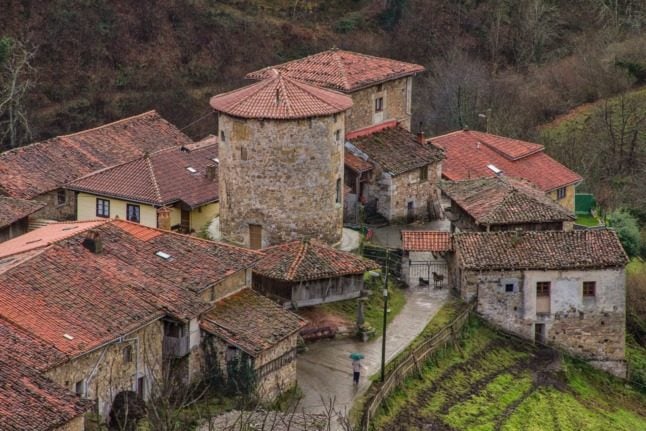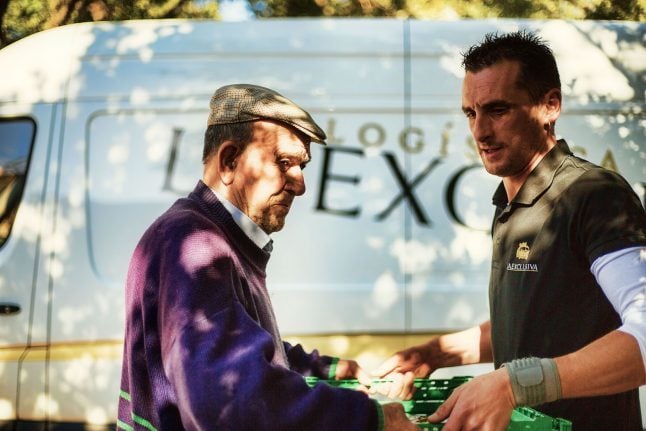After the recent ruling from the European Court of Justice which found that injunctions to block web sites for anti-piracy reasons were appropriate in a French case, the Austrian society representing rights-holders for major US studios sent a letter to Austria's four major ISPs, asking them to block four web sites which were frequently used to facilitate copyright violations.
The letter required action to be taken by the middle of August. When no action was taken, the Verein für Antipiraterie (VAP) announced on Monday that it will be filing claims for legal action, to obtain a court order requiring the Austrian ISPs to block the sites, which include the Pirate Bay.
In a previous case, one of the largest ISPs UPC refused to implement the block, saying that it was not responsible for operation of the site, and that UPC customers accessing the site were not breaking any Austrian laws, according to the courts.
“We continue to believe that the decision to block websites or other Internet content should lie with the courts and legislators,” UPC told Austrian news outlet Future Zone.
“We have sympathy for rights holders and we are in full support of the creative industries. However, we offer our customers access to the Internet and have no obligation or right to choose which content is accessed.”
UPC’s intransigence comes as no surprise to VAP. Managing Director Werner Müller said last week that it was always unlikely that the ISPs would act without being legally required to do so. That means legal action, and VAP are ready for it.
“There will soon be a lawsuit concerning blocking against two websites – kinox.to and movie4k.to – against four major domestic Internet providers,” Müller says. “The lawsuits are prepared and are waiting almost only on their delivery.”
And, according to comments made by IFPI CEO Franz Medwenitsch, the music industry won’t be far behind.
“As of today there has been no response from the service providers so we had our attorney begin the preparations for legal action,” Medwenitsch confirms.




 Please whitelist us to continue reading.
Please whitelist us to continue reading.
Member comments